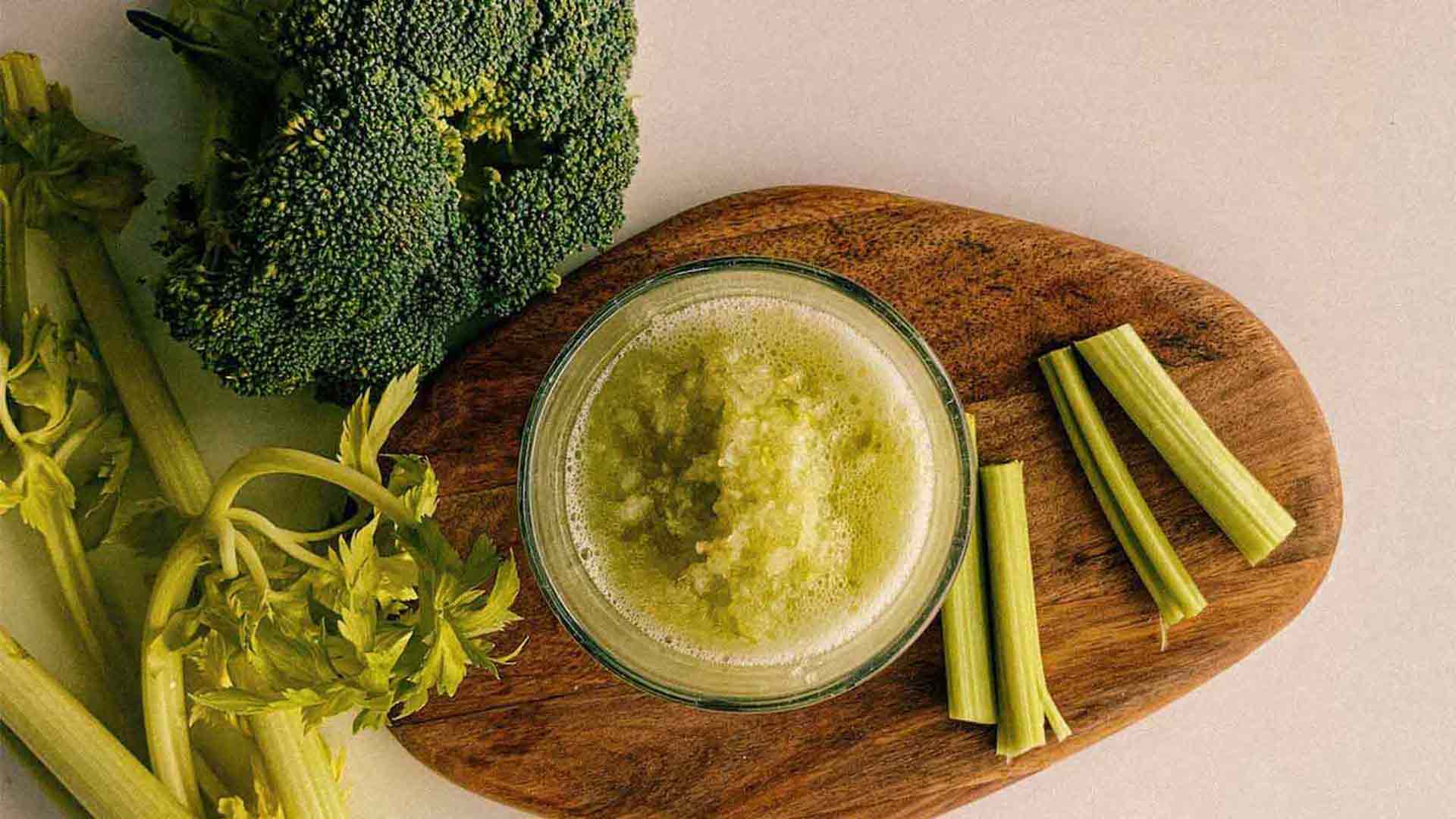Ugh. We all know what it’s like to be backed up – your pants feel snug, it’s uncomfortable, frustrating and sometimes even painful. Sure, the toilet can be a great place to catch up on your social feeds (or send off an email) but going number 2 shouldn’t be a time-consuming task. If you’re dealing with occasional constipation and looking for ways to have better bowel movements (BMs) – here’s 4 we recommend.
1. Eat enough fiber
One of the best ways to aid in easier, smoother and regular BMs is to up your fiber intake. Surprised? Probably not. Fiber-rich foods help add bulk and soften your stool, making it easier to pass.1 If you’re not familiar – there’s 2 types of fiber: soluble and insoluble. While most foods have both in different proportions, insoluble fiber is generally the most effective in alleviating constipation by increasing the water content in your stool.
As important as fiber is, only about 5 percent of Americans are reaching their daily recommendations. Men should aim for 35 grams a day and women should aim for 25 grams.
Start your day off with a bowl of bran cereal with berries or grab a handful of almonds and peanuts to help keep things moving.
2. Stay Hydrated
Ever sit down after a long day and realize you haven’t had a sip of water? Not drinking enough water can make it harder to pass those poos. Drinking fluids, especially water, can help keep your stools soft and easier to pass.2
Water impacts every cell in your body, including those in your intestines. When you’re not giving your body enough, it pulls water from your stool, causing it to harden, and making it difficult to pass through.
If drinking water is a struggle for you, try carrying a reusable water bottle or adding sugar-free flavoring to your drink. These simple changes will make you more likely to stay hydrated. You can also eat your water by adding high water-content foods such as berries, melon and celery to your diet to help with hydration.
3. Stay Active
Whether you’re an avid gym goer or just enjoy walking outside – moving can help, well… get things moving. Light or moderate exercise can keep your stools soft and easy to pass by reducing the amount of water your gut absorbs from your stool.3
Plus, activities that cause your heart rate to rise are not only good for your heart, but they also help with muscle contractions in your intestines, helping your BMs to move through quicker.
Remember: exercise doesn’t have to be hardcore; find something that you enjoy and works well with your schedule like walking, biking or joining a yoga class.
4. Try probiotics
By now, you’re probably familiar with probiotics. They’re beneficial microorganisms that promote a healthy microbiome to support a list of health benefits. If you’ve recently been feeling backed up more than usual, try adding probiotic-rich foods to help rebalance your gut microbiome and promote regularity.
Probiotic foods include:
- yogurt
- kefir
- kombucha
- kimchi
- miso
- sauerkraut
Takeaway:
Constipation is an uncomfortable situation most of us have experienced. As frustrating as it can be, there are simple things you can do to keep things moving easily. Getting enough fiber, staying hydrated, and staying active are just a few of the ways to keep your digestive system on the track.
Interested in learning about 8 tips to help reduce gas and bloating?
About Author
Natalie is a nutritionist with a Bachelor’s in Nutrition and Dietetics from the University of North Florida. Natalie believes that proper nutrition doesn’t have to be complicated and is determined to help others reach their health goals.
Do you have questions about supplements? Reach out to one of our experts, or take Persona’s free nutrition assessment, and learn exactly what you need to take your wellness to the next level.
*These statements have not been evaluated by the Food and Drug Administration. This product is not intended to diagnose, treat, cure, or prevent any disease.
This information is not intended as a substitute for the advice provided by your physician or other healthcare professional, or any information contained on or in any product label or packaging. Do not use the information from this article for diagnosing or treating a health problem or disease, or prescribing medication or other treatment. Always speak with your physician or other healthcare professional before taking any medication or nutritional, herbal, or homeopathic supplement, or using any treatment for a health problem. If you have or suspect that you have a medical problem, contact your health care provider promptly. Do not disregard professional medical advice or delay in seeking professional advice because of something you have read in this article.

